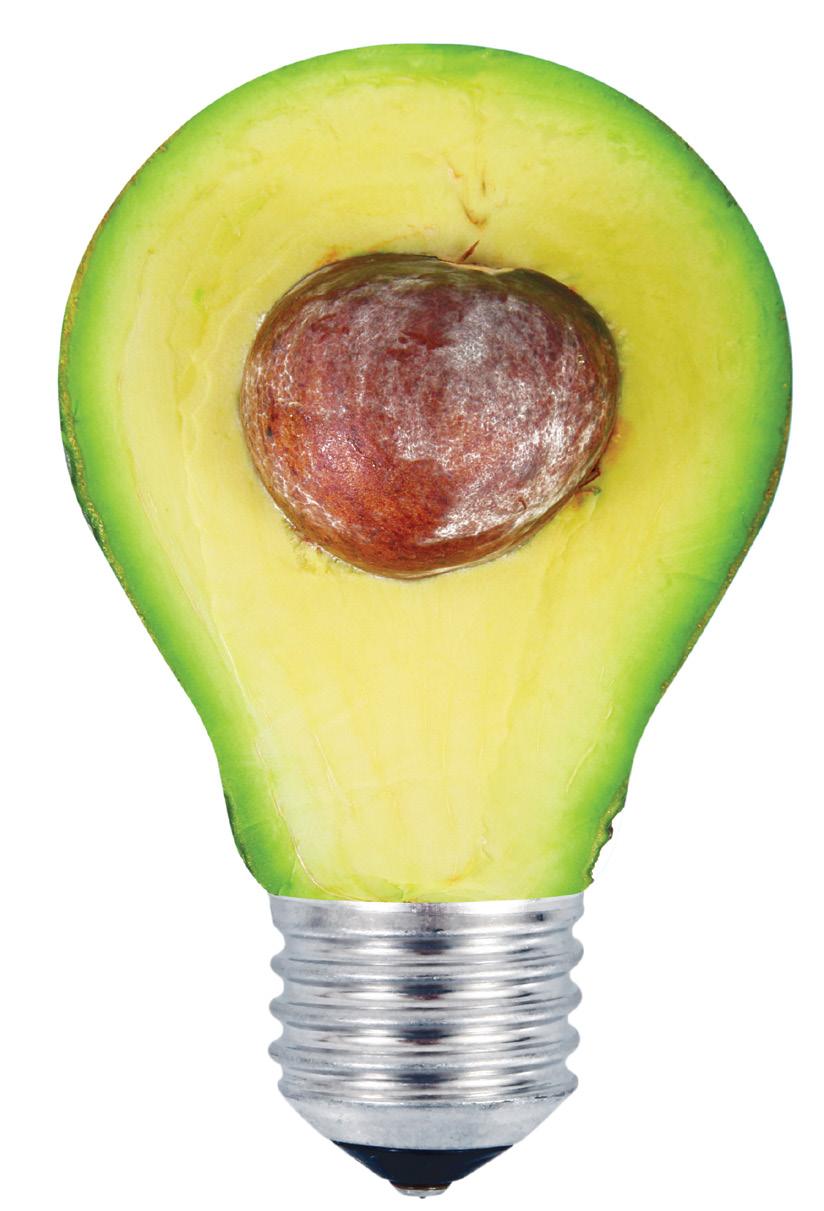SYSTEMS ALTERNATIVE PROTEIN COMPANIES
Innovative food for thought Words by: Anna Campbell
I
nvestment into innovative food companies during the first half of 2020 was greater than the full 2019 financial year. Topping the list for investment was alternative protein burger company Impossible Foods who raised US$500M (NZ$689.9M). The top 10 also included MycoTechnology (raised US$39M/NZ$53.8M) who are developing proteins and ingredients from a mushroom-based fermentation process and Good Catch (raised US$32M/ NZ$44.2M) who are producing plantbased seafood analogues. The only non-US company on the list was YFood (raised US$17M/NZ$23.5M), a German company producing ‘complete meal’ drinks, powders and snacks – Fonterra is one of YFood’s investors. It’s fascinating to read about these companies to get a feel for what is going on in food innovation and how the companies tell their stories. Generally, there are ‘save the planet’ and ‘health’ themes in their marketing material and like any traditional food producers, any kinks in their message will be jumped on by consumers. Oatly is a Swedish company producing oat-based milk products high in betaglucan, a soluble dietary fibre linked to improving cholesterol levels. Oatly raised US$200M (NZ$276M), however the investment group was led by Blackstone, an investment company with alleged ties to deforestation in the Amazon. Activist consumers have taken to Twitter stating they won’t be buying Oatly products and why. Oatly has responded (on their website) that sustainable companies have only been able to access a small proportion of investment capital and this path leads the way for investors like Blackstone to put more of their dollars into sustainable companies. All is not well within the alternativeprotein sector either; there is a war of 46
words going on among Impossible Foods, Beyond Burger and Lightlife Foods. Lightlife Foods is a relative newcomer to the alternative protein space but has not held back in an open letter to the New York Times where its president, Dan Curtin, wrote “Enough with the hyper-processed ingredients, GMOs, unnecessary additives and fillers, and fake blood… while we want the same things – a greener planet and a more sustainable food system – at Lightlife, we’ve chosen a very different way to get there. We’re making a clean break from both of you ‘food tech’ companies that attempt to mimic meat at any cost.” Analysts who have dissected the plant burgers from all three companies state they are similar from a health perspective, despite Lightlife’s belief that because their products are less processed, with fewer ingredients, they are more healthy. No wonder consumers feel overwhelmed! There is no doubt that big-food businesses are some of the greatest culprits in terms of environmental mismanagement and negative impacts on our health. A Food Navigator report on plastic pollution accuses the biggest plastic polluting companies, Unilever, Nestle, Coca-Cola, Danone, Mars, PepsiCo and Mondelez of hypocrisy for having plastic reduction commitments in geographies where it suits them, yet pushing singleuse plastics in countries like India, the Philippines, and Asia. I don’t think any company starts off wanting to pollute the planet or adversely affect people’s health, but money talks and when investors come into the picture or when companies launch on the stock exchange, profits are most often the primary driver of success. Perhaps Oatly is right in its position and by ‘dancing with the devil’ they can lead change – or perhaps that is wishful justification
on their behalf. Ultimately, the greatest challenges lie with us as consumers. We need to hold all companies to account, the new food companies alongside existing players – we must ask for evidence and not allow ourselves to be green-washed or carried along by the hype. It’s also really important those ethical companies genuinely making a difference are given credit for what they are doing. It is hard for these companies to compete price-wise with companies that continue to push cheaply packed goods and overlyprocessed food. We need to ask ourselves, at what point are we willing to buy fewer products, at a higher price, to make a measurable impact? • Anna Campbell is managing director of AbacusBio, a Dunedin based agri-technology company. • First published Country-Wide March 2021.
Dairy Exporter | www.nzfarmlife.co.nz | March 2021























